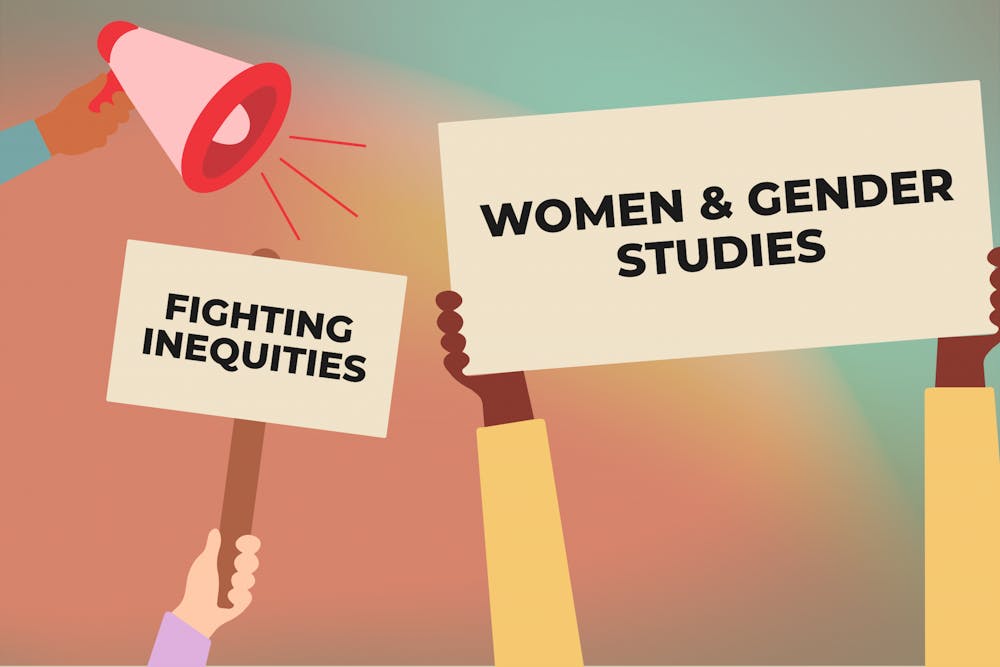Each student at the University of South Carolina should be required to take a class in women's and gender studies (WGST) as the courses can provide meaningful information that could broaden one's knowledge about different social issues within their desired field and secure better job opportunities.
Women's and gender studies is about understanding how economic, political and social structures change with gender.
While these courses are often perceived as useless, they expand a student's way of thinking by bringing awareness to social issues that impact marginalized groups. Taking a women's and gender studies class can also help students increase their critical thinking skills by encouraging them to investigate the complexities of gender in various social institutions like healthcare, government and education.
“Women, interdisciplinary majors in general, give students a wide array of skills,” Lauren Sklaroff, a USC professor of history and women and gender studies, said. “I mean, there's so many important things that are happening in our world right now, in terms of health care, in terms of medicine, in terms of social policy, that concern all citizens. And that being a women and gender studies major gives you a lens into how to grapple with some of these issues.”

WGST classes explore a variety of different disciplines and broaden one's horizon about the social issues affecting different fields of work. Majoring in women's and gender studies or just taking classes in the department can give students knowledge about the social issues impacting their chosen field, which would help them have an edge on how to tackle these issues in their workplace.
"I would say it's still very lucrative. I have an internship at Planned Parenthood for this semester," Ayaan Hawkins Regis, a fourth-year women's and gender studies student, said. "And I have been receiving, I would say, I've been receiving more diverse job offers since I have changed my major because it's kind of adaptable to what you want to do. So my focus always coming into college was focusing on patient advocacy and women's advocacy, and even though I'm not in the nursing side of things, I'm still in the healthcare field.”
Gender studies impact many different disciplines, including healthcare, and can be used to address inequities across various fields of studies to find ways to break down barriers and fight this discrimination.
Taking WGST classes offered at USC, such as women's health (WGST 113); cultures, pregnancy and birth (WGST 388) and LGBT health (WGST 627), can help students planning on going into healthcare have a better understanding of how medicine impacts people from various different communities.
“In our current work with Hispanic Latino families we are addressing a lot of maternal child health issues and needs for the communities," Maria Martin, the executive director of PASOs within the Arnold School of Public Health at USC, said. “It is very important for us to be aware of those things and to be able to understand it fully so that we can be more supportive in finding solutions to a lot of the issues and the things that women face in turn, specifically issues of access to care, to health care.”
The university also offers introduction courses that give a broader overview of how different gender identities interact in society, such as introduction to women's and gender studies (WGST 112); sex and gender (WGST 300) and race, class, gender and sexuality (WGST 304).
Women's and gender studies play a prominent role in society today. These classes can give any student a better understanding of how gender identities intersect with social identities in various institutions across our culture. Further, if mandatory, they can furnish students with a better understanding of the social issues that impact different fields and provide them with skills to elevate their own job performance.

